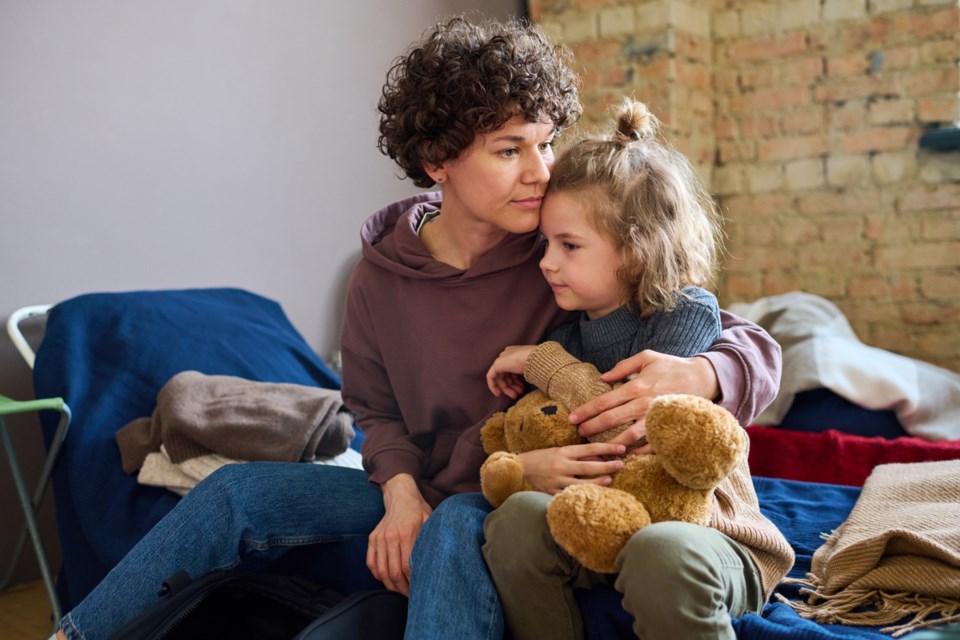Households on the North Shore are among the highest income earners in Metro Vancouver and yet one in 10 people in this affluent community live with low income.
Amid the majestic mountains, scenic shoreline, tidy neighbourhoods and trendy restaurants, the threat of poverty is a fact of life across the North Shore.
Single parents and those without affordable child care, seniors on fixed income, newcomers who lack certification for local jobs, refugee families who have fled war zones or economic distress – these folks and more are struggling to make ends meet. And the challenge of meeting basic needs with an empty pocket has a direct impact on the health of the individual and of the broader community.
“Poverty is a major public health issue and a community mental health issue,” says Harvest Project (HP) Development Officer Kevin Lee.
People with low incomes tend to have more stress and poorer health, according to a United Way report. Not only that, but children from low-income families tend to repeat the cycle of poverty, and as adults, they may also have worse health.
“HP provides a place, people and an open door so that those facing challenging times are seen, heard and understood,” Lee says.
HP’s “client care” model looks at folks in need of help holistically and aims to address areas of concern across their lives, providing them with longer-term support so they may regain their footing. Clients have monthly check-ins with a case manager, working together to set goals, review progress and adjust services accordingly, with dignity and compassion.
HP also runs a grocery depot with on-site nutritionist, interest-free loans through a Rent Bank, a clothing support program, art therapy, financial literacy supports, and referrals/vouchers to specialized counselling.
Lee shares the story of Leia (not her real name), a newcomer who found herself fleeing domestic violence. While Leia found rental accommodation for herself and her children, she struggled in connecting with the range of resources available locally because she faced multiple challenges at the same time and she was unfamiliar with her community. HP was able to advocate for her and connect her to much-needed supports.
“We are able to bring together people needing tangible help – with the best available services, when they aren’t otherwise equipped to make those connections themselves,” Lee says.
To achieve this, HP works closely with other agencies – Family Services of the North Shore, Hollyburn Family Services, Canadian Mental Health Association and Impact North Shore among them.
“Caring for those in need is best carried out when all agencies and resources are brought together to serve the person needing help,” Lee says.
None of it would be possible without community support. From an operating budget of $1.5 million in 2023, less than $100,000 came from government sources. HP relies on the generosity of individuals, businesses, community groups, religious organizations, service clubs and foundations across Metro Vancouver to provide care to North Shore residents facing life challenges that bring trauma and threaten many with homelessness.
“Community health is linked directly to individual health,” Lee says. “And, the threat of poverty for any one of us is an immediate health issue. As such, we are all in this together.”
For more about the Harvest Project, including how you can support its vital programs and services, visit harvestproject.org.



